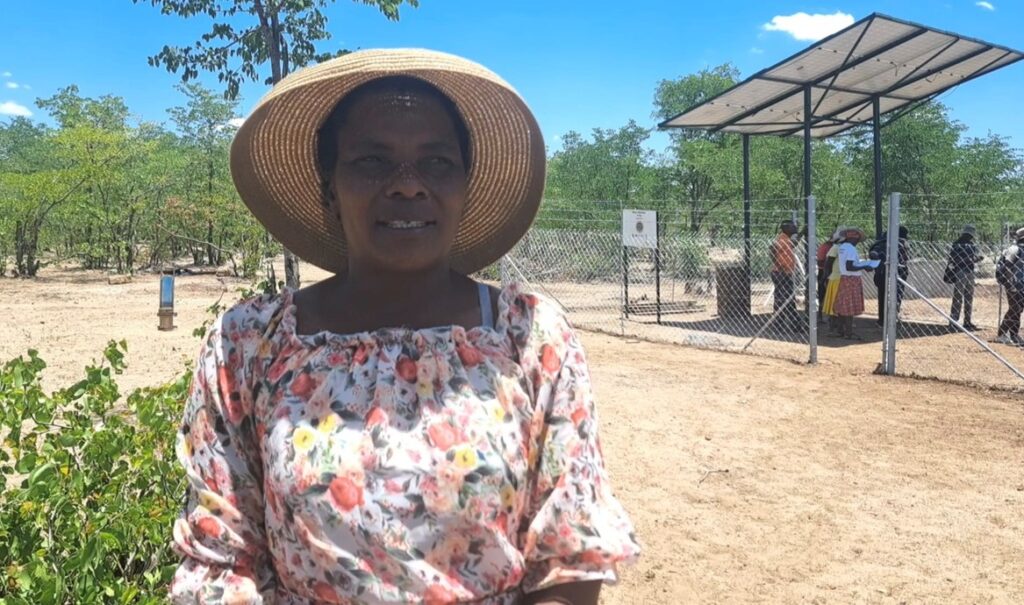The village business units established by the Smallholder Agriculture Cluster Project have brought new hope for smallholder farmers in Hwange and Lupane, Matabeleland North Province. The two districts were prioritized for the first twenty village business units following the severe effects of devastating El Nino induced drought in the 2023-2024 agricultural season.
According to Lucy Moyo, the Chairlady for the Jabatshaba Village Business Unit, “For us this garden brings hope for better incomes which will enable us to send our children to schools. As women, we also hope that this garden will enable us to earn income and stop relying entirely on our husbands.
As Mjoza Village, we have been empowered. We plan to cultivate crops that will improve our diet, then from the also send our children to the local university, something that we have not been able to do so far. Currently some community members are being summoned by the village head after failing to pay school fees for their children.
Before this intervention, it was very hard to operate this borehole. It had 16 pipes and was very heavy. Women were forced to pump as groups as one person was not able to operate the borehole.
Now, we just open the taps and fetch water, there are less conflicts over water and watering livestock. Before SACP, community members spent a lot of time at the water point, and there were endless arguments over who came to the borehole first. This water point has made it easier for all community members including the elderly and PWDs to easily access water.
The borehole has also ensured ease of use for vulnerable members of the community such as the elderly and Persons with Disabilities. Thembelani Ndlovu the Vice Chairperson of the VBU who also a disability has added, “For some of us who have disability, this intervention has made a positive difference. We are no longer pumping water from the borehole, but we are now fetching water from the taps. This is less strenuous for us and the elderly. This SACP intervention has enabled us to water the livestock as PWDs since the technology is no longer laborious.”


VBUs are a very noble intervention, as it has circumvented water supply problems in very remote areas through the presidential borehole drilling program. However, judging against the expected model of VBUs, only a few components are evident on the ground, most of which are nutritional gardens, yet the rest of the components, such as dairy and other animal husbandry projects, drinking troughs etc, are being ignored. Another disturbing factor is the insufficient and low water yield of some of those boreholes, especially in this season, which turned out to disturb the expected growth and maturity of horticulture crops, some of which dry up before maturity. As a layman, I do not know what happens to the water table if we keep on drilling these boreholes in numbers, ignoring water harvesting strategies such as establishing and maintaining water reservoirs, such as dams and tanks, that can give us voluminous water capacities for future use for both subsistence and projects. I think engineers should study the aquifer as well as consider other water harvesting strategies. Remember, the rural folk predicted a life pathway when this idea was introduced, and let’s not shortchange them by drilling boreholes in areas where the aquifer is undesirable, later posing a low yield of water, yet they will have undertaken massive horticulture projects for income generation. Imagine the disappointment.